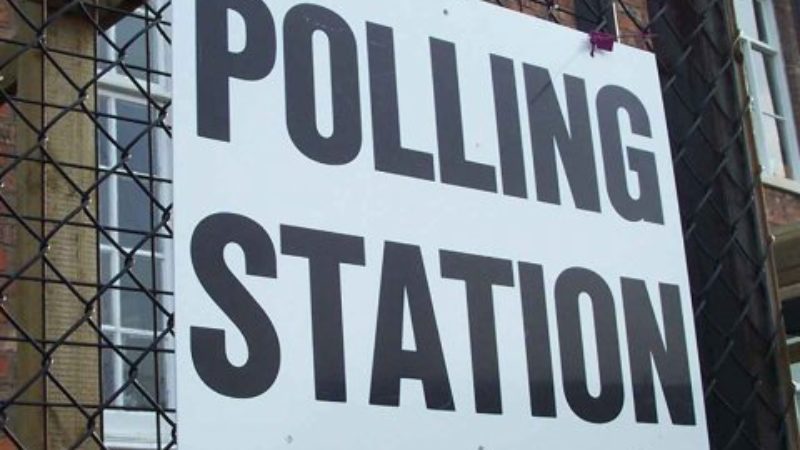
The day after the local elections, Ed Miliband turned his humility dial up to 11. Despite surpassing even the expectation-managing levels set by the Tories and side-stepping a Glaswegian elephant trap, the Labour leader made every effort to avoid complacency:
“I will work tirelessly between now and the next General Election to win your trust… I know we have more work to do to show we can change our country so that it works for you… I am determined that we show people we can change people’s lives for the better.”
Given that Labour’s poll lead is now at its largest since 2003, and Cameron is more unpopular than Brown was at the last election, some might think that this humility is phoney or unnecessary. After all, if there were to be an election now, Labour would be elected with a landslide.
But if we look beyond the headline figures, there are good reasons for Miliband still to be humble.
Despite the unexpectedly good election results for Labour, public opinion still suggests much more unhappiness with the Tories than enthusiasm for Labour.
The crucial polling question, which is understandably receiving more attention than almost any other, is on which party is seen as best on the economy. According to YouGov, Labour have just moved ahead of the Tories on this, for the first time since the election.
But this frequently-noted point is dangerously misleading for Labour supporters. The reason Labour are now ahead on the economy is because the Tories have lost trust, not because Labour have gained it.
Indeed, Labour has gained no ground on being most trusted on the economy, according to this measure. Over the last year, Labour’s score has remained static, despite the fall in support for the Tories.
This is reinforced by another poll question.
The voting intent question – which has Labour so far ahead at the moment – doesn’t oblige people to think about who they actually want to be in charge of the country. Most of the time people don’t reflect on this, which is one of the reasons polls tend to change during election campaigns, when it becomes a live issue.
But another YouGov question prompts people to think about precisely this. It finds that, despite recent changes in voting intent, only 31% say that a majority Labour government would be best for Britain. This is the same score that Labour received for most of 2011.
All of this suggests that Labour’s relative position may have improved since the Budget, but remains distinctly precarious.
Labour now has earned the opportunity to be heard by the public. But it has gained this primarily because it is the opposition to an increasingly unpopular government, and not because people are yet ready to trust Labour with the keys to the safe.
This matters for two reasons. Firstly, the work of rebuilding Labour’s reputation with the public is nothing like complete. Miliband is right to carry on emphasising the basics: without restoring trust in Labour’s ability to govern competently, the rest is irrelevant.
Secondly, it underlines the insecurity of Labour’s poll lead. So far, the public have made only a negative choice to oppose the government, and not a positive choice to support Labour. The lead will be overhauled if the Tories get their act together before Labour convinces voters that they’re worth a vote for some reason other than that they’re not the Tories.
The local election results and the current poll lead didn’t happen just by default. Hard local campaigning and a consistent message from the leadership have combined with the government’s shambolic spring to transform Labour’s position. But the improvement could easily be reversed, and Miliband is exactly right to rein back the excitement.




More from LabourList
‘Tackling poverty should be the legacy of Keir Starmer’s government’
‘The High Court judgment brings more uncertainty for the trans community’
‘There are good and bad businesses. Labour needs to be able to explain the difference’